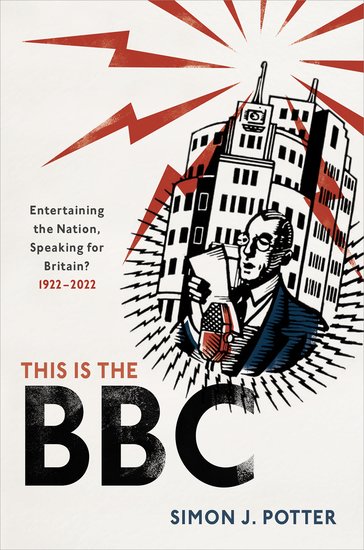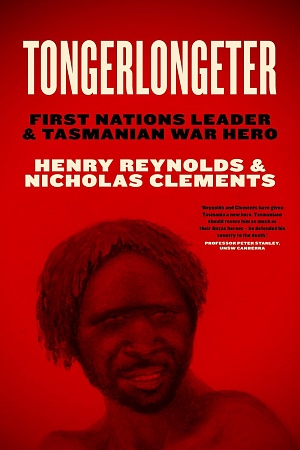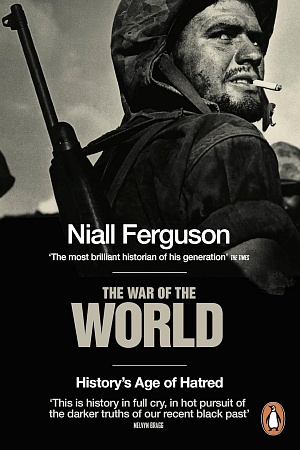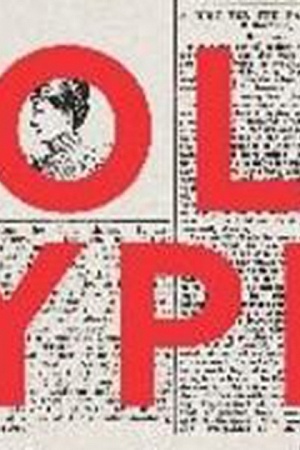The BBC: A people's history
Profile Books, $49.99 hb, 655 pp
This Is The BBC: Entertaining the nation, speaking for Britain, 1922–2022
Oxford University Press, £20 hb, 320 pp
‘Bollocks really’
This year, the British Broadcasting Corporation (BBC) celebrates its centenary as the world’s largest and oldest broadcasting institution (the US company NBC was founded four years later, in 1926). Whether it will reach its bicentenary, or even have another ten years of life in anything like its current form is a question facing other British institutions such as the Conservative Party, the monarchy, and indeed the Union of England, Wales, Scotland, and Northern Ireland itself. Placing the BBC among this group signals its estimable role in defining an imagined community but also the possibility that the existence of these other entities and their function in this process might be finite, subject to challenges from their own internal contradictions as much as from hostile external forces without.
As its part in the recent spectacle of the funeral of Elizabeth II demonstrates, the BBC is an institution anchored to the tradition and continuity manifest in the sovereign’s lineage or in the yearnings of the Tories; at least it has been since fairly recently. Yet it is also a product and producer of modernity. The BBC has embodied and mediated versions of historical change in the very invention of broadcasting in a distinctively British guise; in the building of the technical infrastructure with which it enveloped the country in order to serve and address its audiences, and in the creation of ways of representing worlds real and imagined. As these new histories from David Hendy and Simon Potter make clear, the sound, voice, reach, and reception of the BBC are very different from what they were at its inception, even if there are vestiges of its original remit, as determined by Royal Charter: to inform, educate, and entertain.
The task for both is an ambitious one. At the outset, Hendy ponders whether a history of the BBC is even possible. The formidable challenge faced by him and Potter is how to make sense of its millions of broadcasts, the range of personnel who have made it function, the very roles invented in order to do so, its extensive archives, and the wealth of commentary generated by and about it. The story of the BBC has been told many times, and one encounters familiar and unavoidable structuring points at work between them. These include the BBC’s origins as the British Broadcasting Company and the formulation of its work in the terms of a public service, the testing of its degree of independence from the state by the General Strike of 1926 and during World War II, the galvanising effect of commercial television in the 1950s, and the antagonism of the market-driven ideology and deregulatory zeal of Margaret Thatcher. An overarching theme of both books is the embattled state of the BBC – not as a contemporary condition but as constitutive of its historical development. This is summarised most explicitly in Hendy’s structure and narrative approach across four sections: ‘Crucible’; ‘War’; ‘Consensus and Conflict’; ‘Attack and Defence’.
The books are complementary in their insights, building as they do on each author’s established scholarly engagement with the BBC, including citation of each other’s work. Hendy is a practised writer on public service broadcasting, and on radio in particular, which is a curiously exclusive preserve among historians and media scholars given its global impact. His Noise: A human history of sound and listening (2013) accompanied his own foray onto the airwaves, while Life on Air (2008) provided a history of Radio Four, a station approvingly described by Sebastian Faulks as a defining site of the BBC’s role, albeit one that might equally infuriate, its ‘middle-brow seriousness’ heard by some as a complacent and cloying middle-classness. Hendy’s authorised, albeit insistently independent study, draws on substantial mining of the archives, which allows for much original detail. Potter’s pedigree and political attention is evident in work such as Broadcasting Empire: The BBC and the British world, 1922–1970 (2012); his focus informs a leaner ‘critical, unofficial, and unauthorized analysis’.
Continue reading for only $10 per month. Subscribe and gain full access to Australian Book Review. Already a subscriber? Sign in. If you need assistance, feel free to contact us.















Leave a comment
If you are an ABR subscriber, you will need to sign in to post a comment.
If you have forgotten your sign in details, or if you receive an error message when trying to submit your comment, please email your comment (and the name of the article to which it relates) to ABR Comments. We will review your comment and, subject to approval, we will post it under your name.
Please note that all comments must be approved by ABR and comply with our Terms & Conditions.